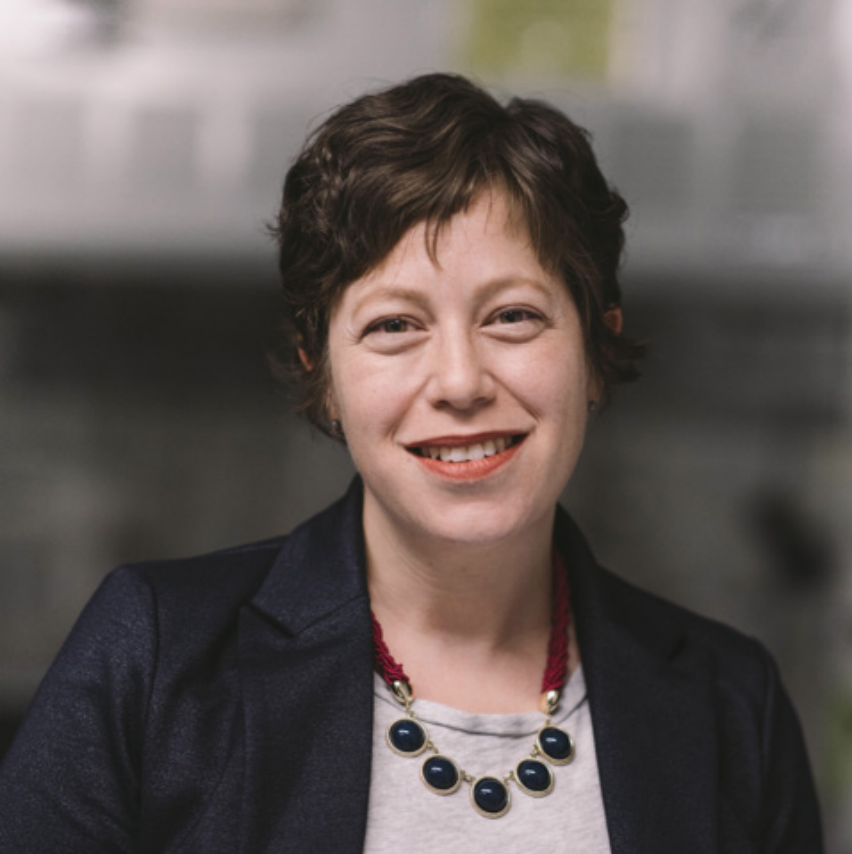Professor Edith (Phoebe) Glazer
Professor Edith (Phoebe) Glazer
Department of Chemistry
North Carolina State University
Abstract
Targeting Cytochrome P450s - From Biophysics to Selective Inhibitors
Cytochrome P450s (CYPs) are a superfamily of enzymes that perform challenging reactions in all life forms. In humans, these amazing enzymes are responsible for the metabolism of xenobiotics, as well as the biosynthesis of several essential signaling molecules. Thus, CYPs play an integral protective role via degradation, in addition to aiding in the regulation of growth, development, and homeostasis via (bio)synthesis. Notably, these two processes have opposite requirements for selectivity, with the drug metabolizing CYP enzymes of the liver exhibiting extreme promiscuity while the biosynthetic CPYs of other tissues performing chemistry with exquisite regio- and stereo-control. We are working towards an understanding of P450 structural flexibility and dynamics that can be exploited for the development of drugs selective for specific P450 enzymes that play a role in cancer initiation, progression, and resistance to treatment. Our current focus is on CYP1B1, which is absent or expressed at very low levels in the liver and healthy tissues while being overexpressed in tumors, giving it the title of “universal tumor antigen”. Evidence from basic science, clinical, and epidemiological studies demonstrate that CYP1B1 creates DNA mutagens, facilitates malignant progression, and then causes resistance to the majority of common chemotherapeutics, regardless of their mechanism of action. I will detail our development of cell-based assays for CYP1B1 and related family members, and will present our approach to the development of highly potent and selective CYP1B1 inhibitors. This work was supported by the National Institutes of Health (R01 138882).
Edith (Phoebe) Glazer
Professor Edith (Phoebe) Glazer is a Professor of Chemistry at North Carolina State University (NCSU). Following a formative education at Williams College, she received her PhD in Chemistry and Biochemistry at the University of California, San Diego with Yitzhak Tor, and then performed an NIH postdoctoral fellowship between the Scripps Research Institute, in the laboratory of David Goodin, and Caltech, with Harry Gray. Her doctoral and postdoctoral contributions included new synthetic approaches to extended aromatic ligands and multimetallic arrays, compounds that exhibited so-called “dual emission”, and probes for electron and energy transfer in heme proteins, including cytochrome P450s and Nitric Oxide Synthase. She began her independent career at the University of Kentucky in 2009, and moved to NCSU in 2023. The Glazer Group is focused on using light to control biological processes through the creation of reactive metal complexes. Other research projects include targeting medically important heme proteins, and developing research tool compounds to elucidate cell biology.
Hosted by Professor Ambika Bhagi-Damodaran
